After a year of studying and talking about the Ginkgo Bioworks foundry, I've learned at least 3 things. Today we're talking about communicating biology with customers, with scientists and with biology itself.
Transcript
I have my dream job. Ginkgo Bioworks is the Willy Wonka Chocolate Factory of synthetic biology and I get to play around inside. This is a place with more than half a billion dollars of infrastructure in lab automation, software, genetic tools, and data. We use that tech to engineer organisms, design DNA sequences and generate lab data for partners in every industry biology touches.
My job is a communication job. I try to figure out what's going on here and distill it down in ways our customers find useful. I try to translate between everything that might be possible to do with biology and the specific services you can buy today to solve your R&D challenges. So here's what I've learned from a year at the intersection of biology and communication.
1) Understanding is more effective than persuasion.
This is a marketing lesson for anybody out there trying to sell things in biotech. You can't teach anybody anything in this business and you shouldn't try. Your customers know more about what you're selling than you do. I'll talk about pharmaceutical manufacturing, I'll talk about lab robotics, I'll talk about AI-guided enzyme design. I'll talk about ag biologicals. I know a lot about those things. But compared to our customers who are out there every day building them? I'm a total noob.
Some of my biggest mistakes have been trying to convince people that my ideas were better than theirs. But my biggest wins have come from understanding somebody's problems on their own terms. The best feedback I get is when customers say "that video describes why my job is hard and I shared it with my boss so they would appreciate me more."
So if you're out there trying to sell something in biology, like I am, don't try to change your customer's minds, just try to empathize with their challenges. Don't speak to them, speak for them.
2) Communication is harder than execution.
When you imagine why biology is hard tech, you might think of the physical experiments. I did a whole thing on the technical challenges of engineering biology: Viscosity, Toxicity, Reliability, Epistasis.
But, relatively speaking, we're getting pretty good at that stuff. Lab automation is getting better all the time. Software tools and genetic tools are getting better. We can make the science happen, once we've all agreed on what we're doing.
The much harder part is getting to that shared agreement because biological science is hard to communicate. When I want to generate a dataset - what exactly are the experiments that need to be performed? When I want to design an antibody therapeutic - what exactly are the properties I need this therapeutic to have?
Other fields of engineering have found very precise ways to streamline communication. When I need to interact with a web page, I know it will be written in HTML. When I want to buy a part for my car, all I need to tell the vendor is the catalog number.
I've done a few videos about attempts to bring that kind of standardization to biology. Is there a biological equivalent to a software stack? Or an API? Or a service architecture?
But this field is not there yet. Communication in biology is still mostly verbal and unstructured. Two experts exchange written documents, usually for a long time, until they agree that they both understand what's going on. It's just too slow.
We've done a pretty good job inside Ginkgo cutting down the number of handoffs a project requires. But this is an ecosystem-wide problem. We need to simplify and standardize the way we write R&D project requirements. We need a language of desire - a way for a biologist to describe what they want to build, that can be passed to another biologist, or to an automated lab, with no further conversation.
3) We still don't speak the language of biology
In the last year, I've made lots of analogies between biology and computers. Are DNA sequences like computer code? Does biology have a codebase? I didn't invent that analogy. The idea that biology is composed of control systems goes back at least to Jacques Monod and the 1940s. The similarities between base pairs and binary inspired development of the field of synthetic biology in the '90s.
More recently, there seems to be this remarkable alignment between biology and AI - like they were made for each other. Biological systems are structured as networks, AI models are structured as networks. AI models need tons of data, the Ginkgo foundry generates tons of data. Is AI the language of biology? It might be.
But I'll tell you what speaking the language of biology means to me and it isn't really the technical details. It's about the personal experience. Speaking a language means you have a sense of fluid interaction. You're asking questions and getting responses in real time. You get into a flow state with an immediate connection between what you want to write and what your hands type.
My dream of engineering biology is a terminal. Or maybe it's a chat bot. Or maybe it's some kind of futuristic VR interface with crazy gloves and whatever. The details are not that important. What's important is that sense of transparency that comes from live communication. You can read, write, and edit as fast as you can think. Those designs are built and tested exactly to your specifications and the results come back in a way that is totally intuitive to you.
After a year of talking about biology and trying to talk with biology, what I've really learned is that I love it and I want more. Communication is at the center of making biology easier to engineer.


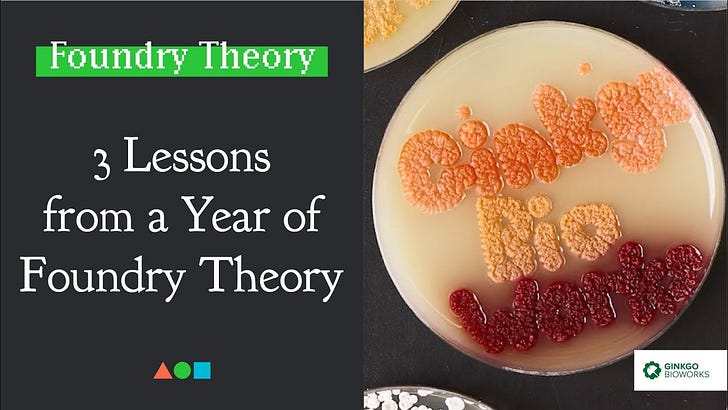

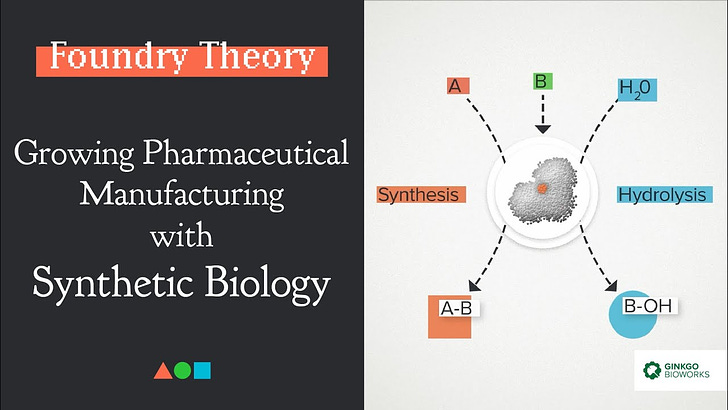
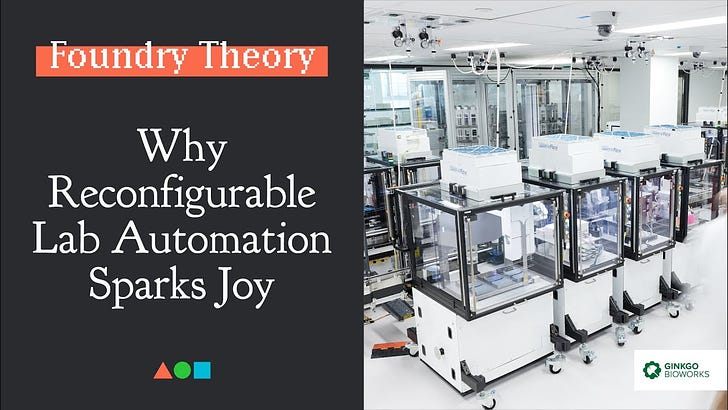
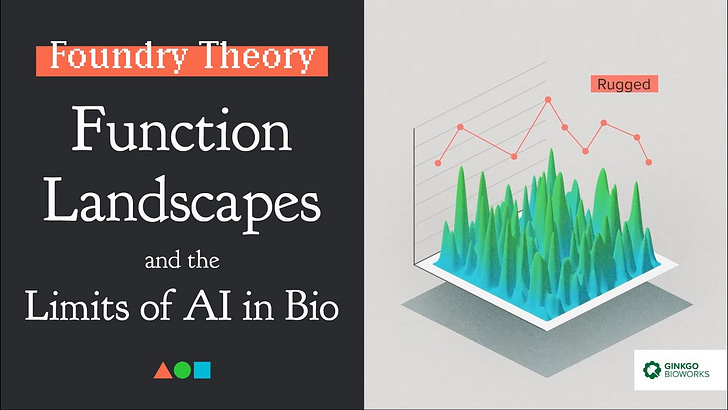

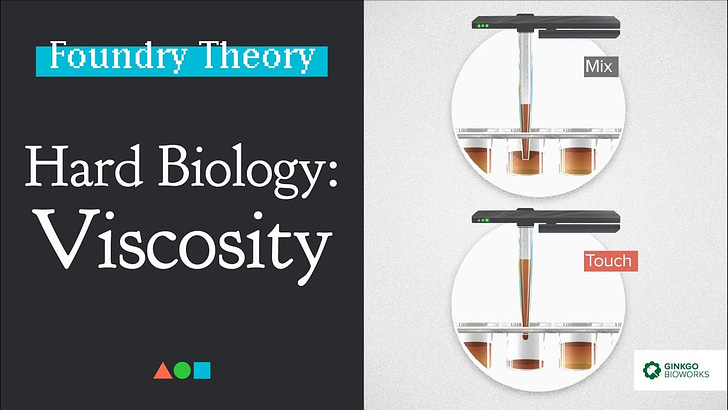

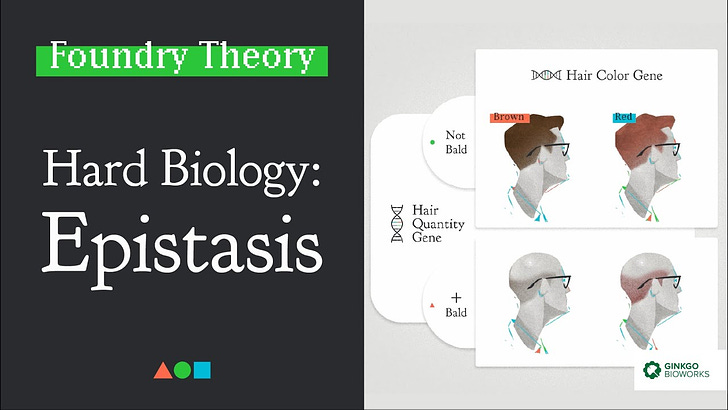
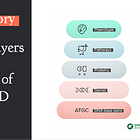
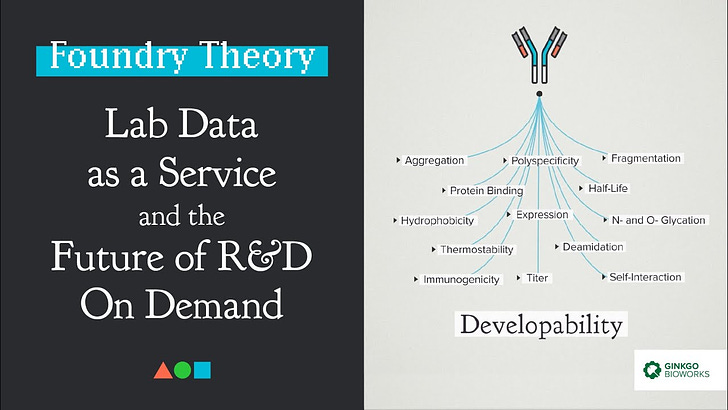
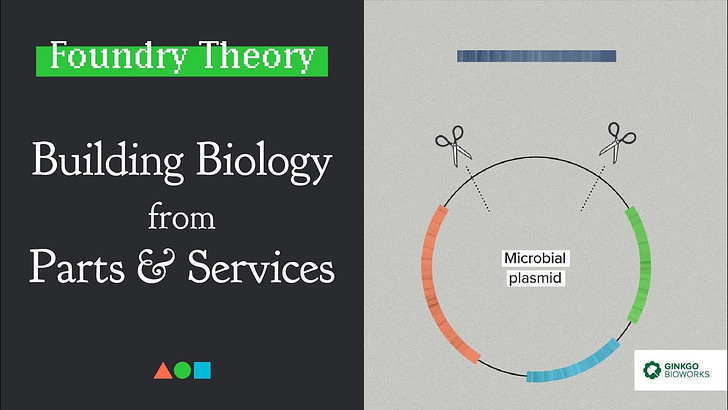
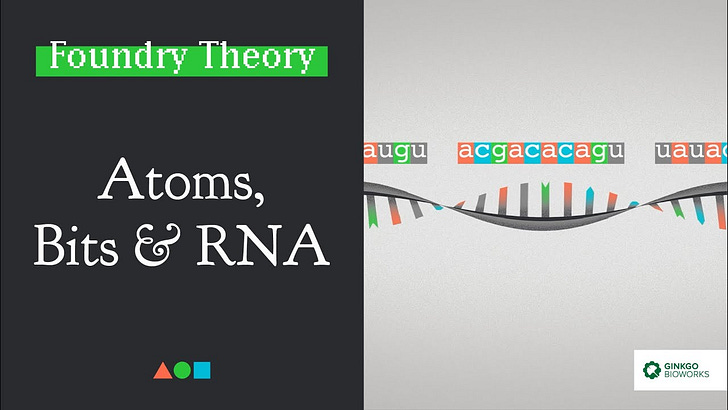
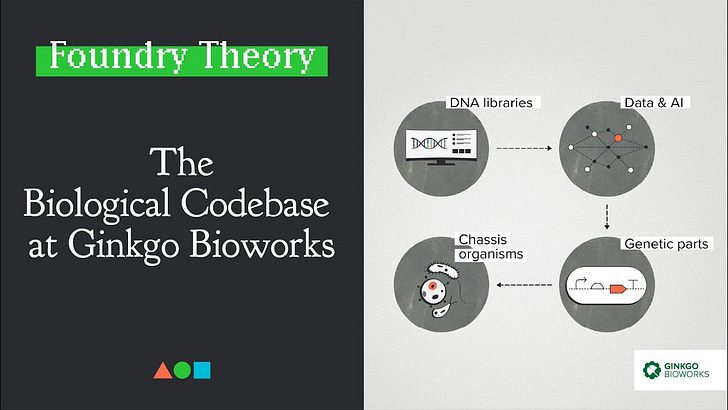
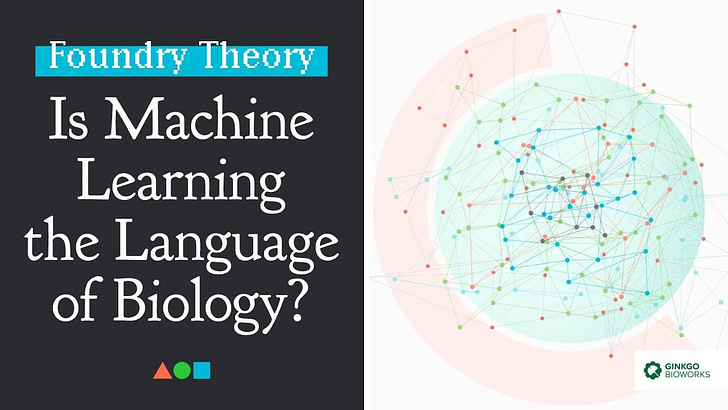
Leave it to ML oriented folks to overestimate their knowledge of the biological code. Ginkgo continues to overpromise and under deliver.
This so accurately identifies the real pain points in life science. I've got this pinned.